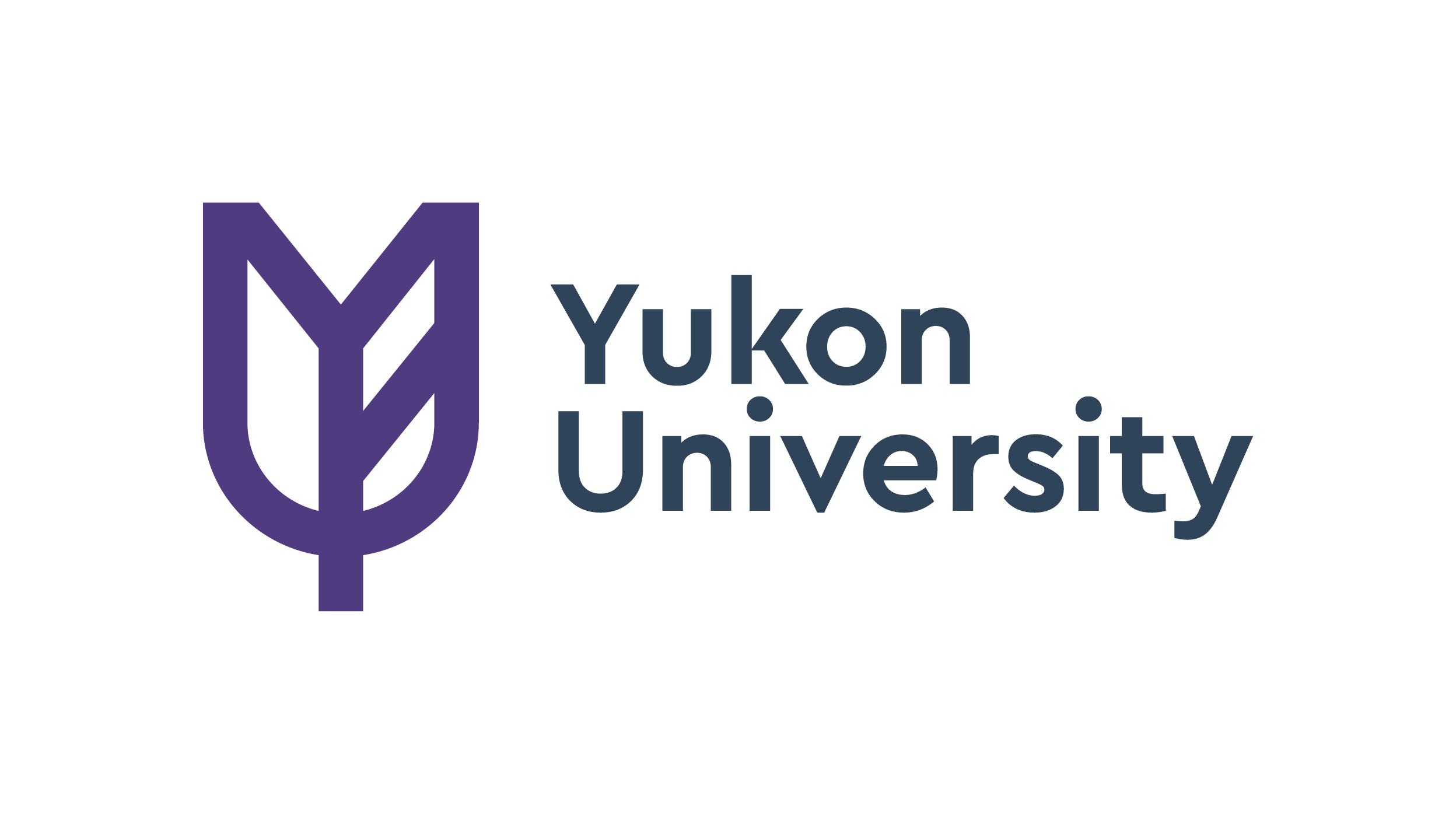Bioremediation is a promising technique that can assist in mine closure and reduce heavy metal contamination of mine sites. Yukon College researchers have been working to advance bioreactors from the lab to the field through applied research. Pilot-scale bioreactors, or constructed wetlands, were introduced to the Minto mine site in central Yukon by Dr. Amelie Janin, Yukon Research Centre’s Industrial Research Chair in Mine Life Cycle, and her students.
Yukon College students worked in both the lab and the field, with one student coordinating the experimental design and purchase of research materials while two other students built the pilot bioreactor at the mine site.
Dr. Janin was able to further her research in northern bioremediation with one of her industrial partners, Capstone Mining Corp.
“Working with Dr. Janin has been very beneficial so far and has allowed us to engage in the testing of this new technology here, in the Yukon,” said Martin Haefele, Permitting Manager at Capstone Mining Corporation.
A technical report on the preliminary results has been co-written by the industrial partner and student researchers. Both students and mine employees have learned the science behind this technology and can apply this technique in future planning and applications.


